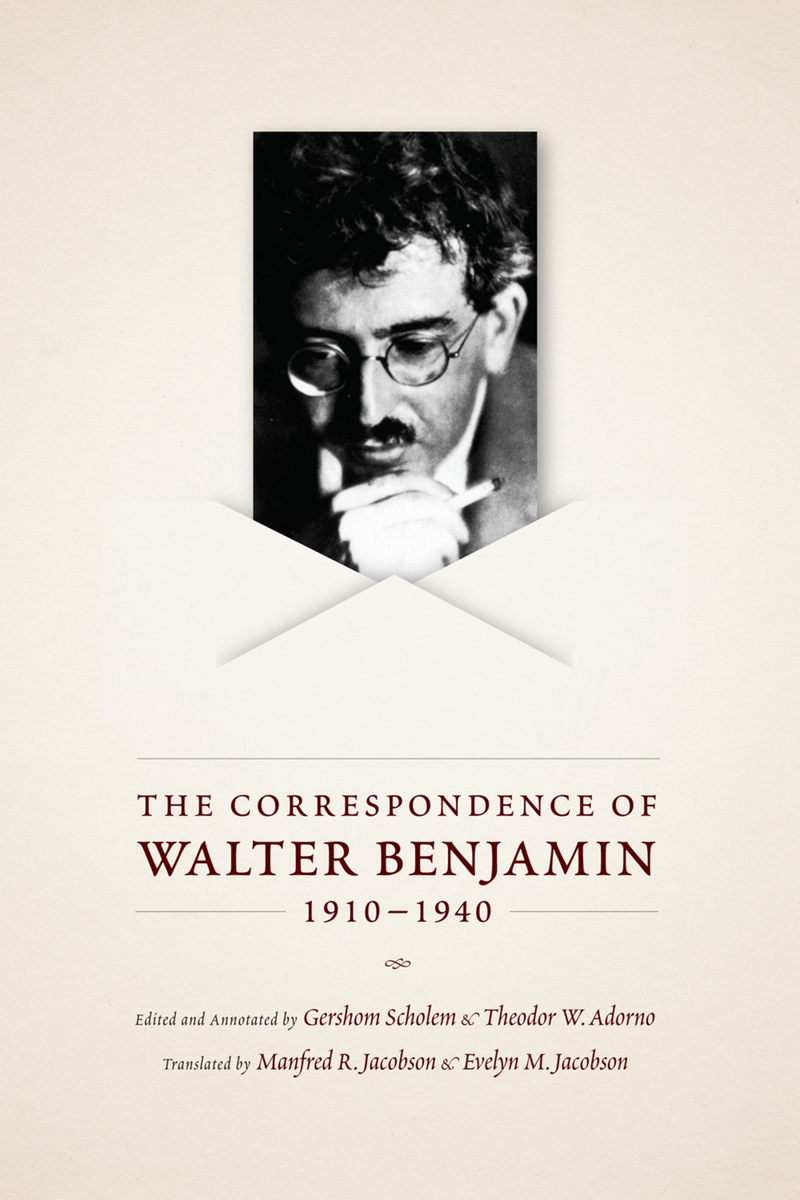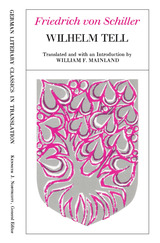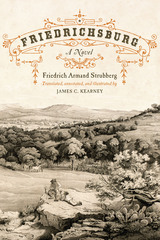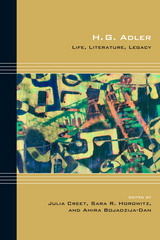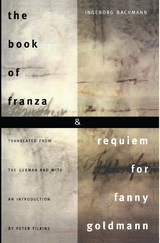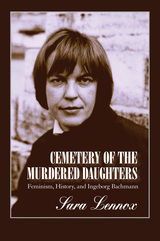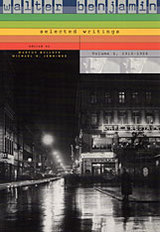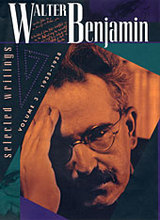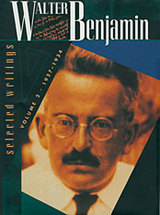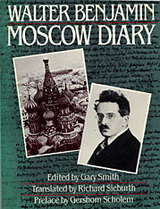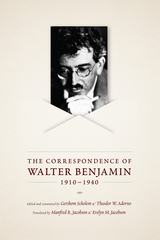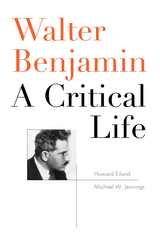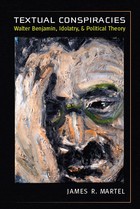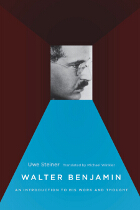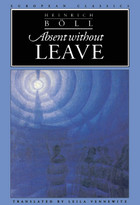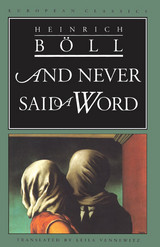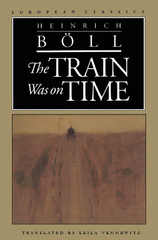The Correspondence of Walter Benjamin, 1910-1940
University of Chicago Press, 1994
Paper: 978-0-226-04238-1 | Cloth: 978-0-226-04237-4 | eISBN: 978-0-226-27957-2
Library of Congress Classification PT2603.E455Z48 1994
Dewey Decimal Classification 838.91209
Paper: 978-0-226-04238-1 | Cloth: 978-0-226-04237-4 | eISBN: 978-0-226-27957-2
Library of Congress Classification PT2603.E455Z48 1994
Dewey Decimal Classification 838.91209
ABOUT THIS BOOK | AUTHOR BIOGRAPHY | TOC | REQUEST ACCESSIBLE FILE
ABOUT THIS BOOK
Called “the most important critic of his time” by Hannah Arendt, Walter Benjamin has only become more influential over the years, as his work has assumed a crucial place in current debates over the interactions of art, culture, and meaning. A “natural and extraordinary talent for letter writing was one of the most captivating facets of his nature,” writes Gershom Scholem in his Foreword to this volume; and Benjamin's correspondence reveals the evolution of some of his most powerful ideas, while also offering an intimate picture of Benjamin himself and the times in which he lived.
Writing at length to Scholem and Theodor Adorno, and exchanging letters with Rainer Maria Rilke, Hannah Arendt, Max Brod, and Bertolt Brecht, Benjamin elaborates on his ideas about metaphor and language. He reflects on literary figures from Kafka to Karl Kraus, and expounds his personal attitudes toward such subjects as Marxism and French national character. Providing an indispensable tool for any scholar wrestling with Benjamin’s work, The Correspondence of Walter Benjamin, 1910–1940 is a revelatory look at the man behind much of the twentieth century’s most significant criticism.
See other books on: 1892-1940 | Authors, German | Benjamin, Walter | Individual Philosophers | Philosophers
See other titles from University of Chicago Press
